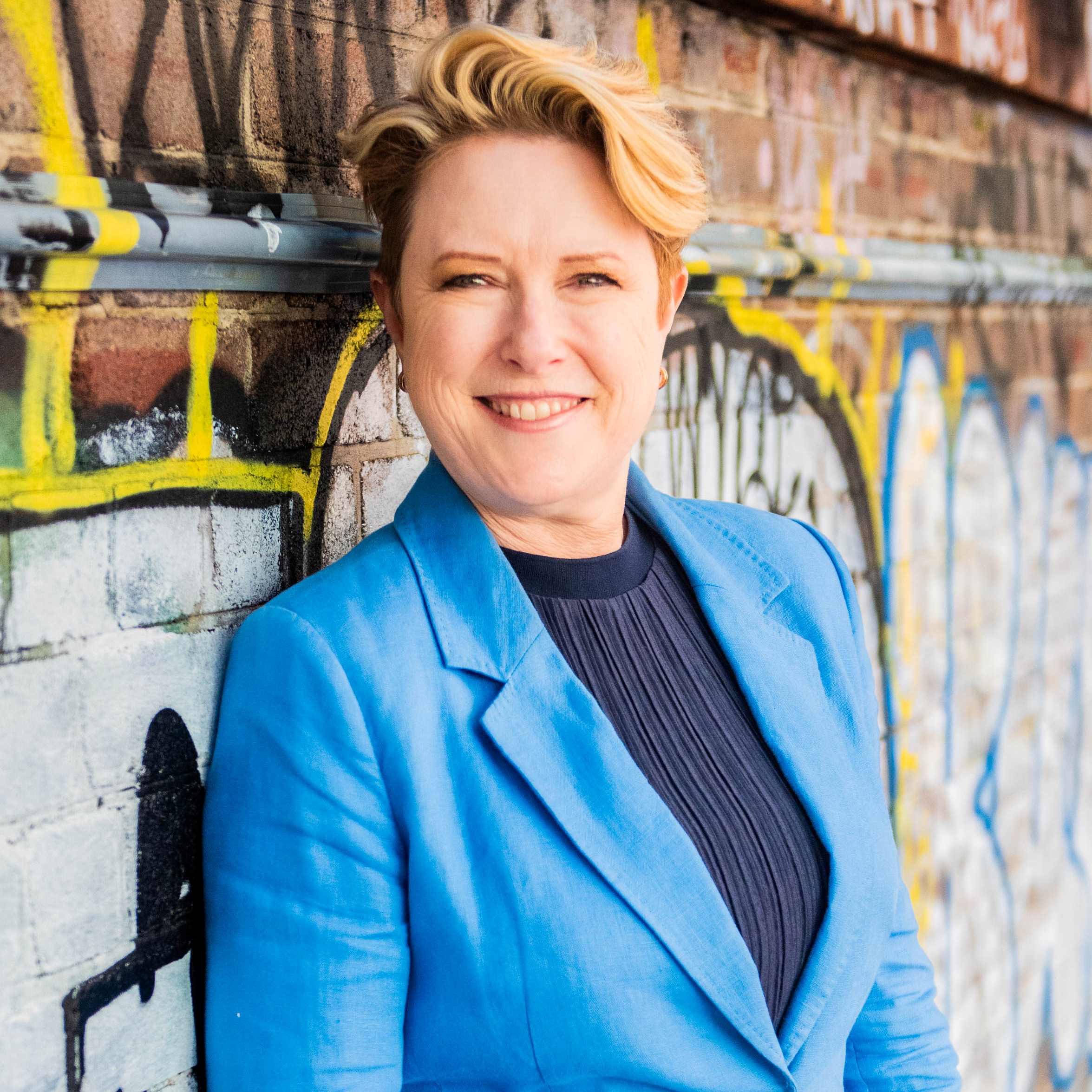The Common Pricing Mistakes First Home Buyers Make
Veronica and Meighan start by shedding light on the many flawed ways people try to price a property—like using gut instinct, agent price guides, or simply tacking on a percentage based on hearsay. In a fast-paced market, buyers often "throw the kitchen sink" at properties out of desperation, which can backfire in the long run. These methods are unreliable, unscientific, and a recipe for regret. Instead of playing guessing games, buyers need a repeatable, evidence-based pricing process.
Why Agent Price Guides Can't Be Trusted
Many buyers rely heavily on agent price guides—but in a rising market, these guides are often misleading. In some cases, underquoting is rampant, with agents sometimes quoting as much as 30% below the final sale price to attract more interest. In Queensland, price guides aren't even legal for auction properties. Even in states where they are allowed, the "guide" might reflect marketing tactics more than true market value. The takeaway? Never use an agent's price guide as your anchor point. It's not designed to help you—it's designed to attract you.
The Comparable Sales Method (and How to Use It Properly)
The most reliable pricing strategy? The comparable sales method. This is the same approach used by professional valuers, buyer's agents, and savvy investors. Veronica and Meighan explain how to find and assess recent sales of similar properties in the same area to form a logical, data-driven valuation. But they also stress that you must adjust for market movement: if the market is rising quickly, even sales from 6–8 weeks ago may be outdated. It's about using timely, relevant, and local data—not historical averages.
Why Bank Valuations Can Be Outdated in Fast-Moving Markets
A key insight in this episode is the difference between sold and settled properties. Banks rely on settled sales for valuations, which often lag weeks (or months) behind the current market. In a rising market, that means bank valuations can come in too low—while in a falling market, they may be too high. By relying solely on settled sales, you could misread market direction and pay the wrong price. Veronica and Meighan recommend tracking "sold" prices (when contracts go unconditional) for the most current picture of value.
Creating Your Own Data Set: Why Spreadsheets are Your Secret Weapon
If you're serious about getting the right property at the right price, you'll need to roll up your sleeves and track local sales data. This might sound intimidating, but it's how you build the local knowledge needed to separate good properties from bad ones—and to spot pricing trends. Meighan encourages buyers to maintain spreadsheets of local sales, monitor auction results, and compare asking prices with sale prices. Knowledge is power, and those who do the work gain the confidence to act without overpaying.
Beware the Bad Advice (and Who You're Listening To)
The hosts warn against relying on advice from friends, family, and social media groups. Even well-meaning loved ones may offer outdated or irrelevant suggestions. Worse, many buyers take cues from selling agents—who, by nature, work for the seller. At open homes and auctions, it's easy to be swayed by other buyers' actions or supposed offers. Instead, Meighan and Veronica encourage buyers to take responsibility for their own pricing research and decisions. Trusting unreliable sources can cost you tens of thousands of dollars.
Buying with Confidence in a Rising or Falling Market
Markets shift—and buyers need to be ready for both upswings and downturns. In rising markets, it's common to pay a premium, but that premium should be justified by your research. Conversely, in a cooling market, paying too much can quickly lead to negative equity. That's why understanding which properties are worth stretching for (and which aren't) is critical. Just because a property is expensive doesn't mean it's good. Strategic buyers focus on property fundamentals, not emotions.
Learn to Identify A-Grade vs B/C-Grade Properties
One of the best things about understanding how to price a property is that it naturally teaches you how to identify quality. Veronica and Meighan explain that buyers who know their local market inside and out can spot A-grade properties—and avoid overpaying for inferior homes. This is especially important in hot markets, where even flood-prone or main-road homes can attract FOMO-fuelled bidding wars. The golden rule? If a property has an unchangeable flaw, it's always going to be a B or C-grade asset.
The Long-Term Impact of Paying Too Much
While overpaying may not feel like a disaster at first, the effects compound over time. The real consequences appear when you try to sell, refinance, or leverage equity. Buyers who paid the wrong price may find themselves stuck with underperforming assets—unable to upgrade or invest further. But with the right pricing strategy, you'll not only buy the right property but also set yourself up for long-term financial growth. And as Veronica and Meighan point out, peace of mind is priceless.
Final Thoughts: Your Price is Your Power
In closing, this episode reinforces that knowing how much to pay for a house is one of the most important skills any buyer can master. Forget guesswork and gut feelings—Veronica and Meighan show you how to use hard data, clear comparisons, and local knowledge to price a home like a professional. By doing the work upfront, you avoid costly mistakes, outbid emotional buyers, and secure a property you can grow with—not just settle for.
👉 Ready to get started? Check out THE First Home Buyer Course.
Veronica Morgan & Meighan Wells
Veronica & Meighan are both licensed real estate agents who exclusively help buyers. Together they have nearly 40 years experience as property professionals.
Veronica is principal of Sydney based Good Deeds Property Buyers and is also co-host of The Elephant in the Room property podcast as well as Location Location Location Australia on Foxtel and author of Auction Ready: how to buy property at auction even though you're scared s#!tless!
Meighan is the multi award winning principal of Brisbane based Property Pursuit, chairperson of the REIQ Buyers Agent Chapter & a regular media commentator.




